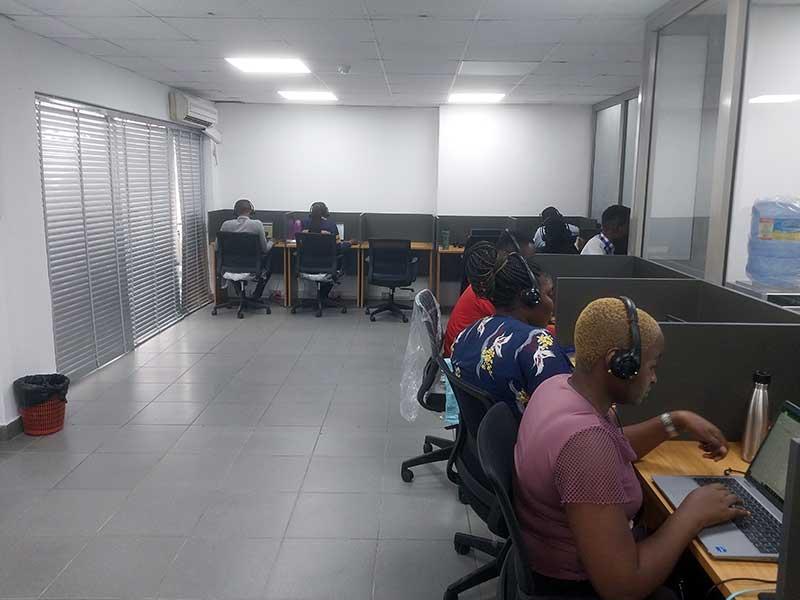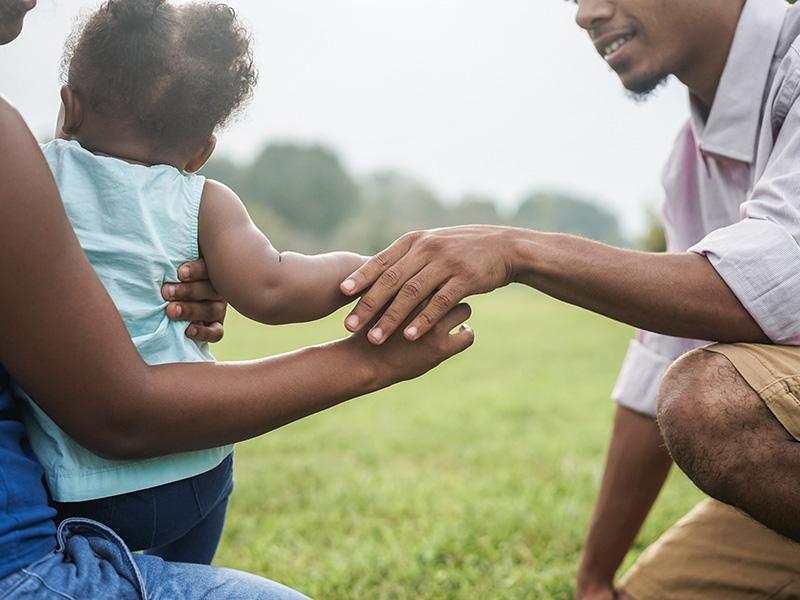Tulane partnership in Nigeria awarded grant to explore innovative digital solutions for family planning
Dr. Dominique Meekers in the Department of International Health and Sustainable Development at the School of Public Health and Tropical Medicine was recently awarded a two-year, more than $1.1 million grant from the Bill & Melinda Gates Foundation to develop and test new patient-centered digital counseling tools for family planning in partnership with two leading Nigerian organizations.
Despite significant investments in family planning programs across the continent of Africa, contraceptive use has stagnated in several countries, including Nigeria. Many women cite concerns about side effects as the main reason why they are anxious about modern contraception methods. Research suggests that digital counseling tools can be highly effective in improving uptake and continuation of contraception, especially among young people. However, studies also suggest that existing models aren’t working as well as they could.
Meekers and the local organizations he is partnering with seek to change that by creating simple follow-up counseling and support tools for contraceptive users, with the aim of helping women manage the side effects of their current method and switch to new methods if desired. These tools will be created with and implemented by Nigerian partners to ensure they reflect the cultural competency required to effectively meet the specific needs of the population.
The Honey & Banana family planning program in Nigeria was created by social marketing enterprise DKT/Nigeria with funding from the Gates Foundation and includes a hotline connecting callers to trained specialists who can refer them to DKT’s network of family planning clinics for services. Meekers was providing technical assistance in the monitoring and evaluation of that program. Now in the role of principal investigator, he will use his extensive experience in the use of social marketing and behavior-change communications to test the feasibility and effectiveness of adding a counseling and support component to the existing hotline.
The new tools will help call center counselors better assess callers’ values and preferences and tolerance for different side effects. These are then plugged into a decision-making tool to enable counselors to identify the methods best suited to that caller.
An additional new tool will be an artificial intelligence (AI) chatbot that works within existing social media platforms like WhatsApp, and that will provide follow-on counseling and support after-hours, when the hotline is not staffed. The chatbot will be developed by another partner, Data Scientists Network, sub-Saharan Africa’s leading AI technology organization. Meekers’ team will determine if the new approach, including the use of AI chatbots, can improve user satisfaction and reduce discontinuation rates.
“The proliferation of cell phones in Nigeria and other developing countries, along with the growing popularity of platforms such as WhatsApp, creates enormous opportunities to increase access to high quality family planning information. Advances in chatbot technology can build on this by providing after-hours access to information,” Meekers said. “We are testing the effectiveness of these new approaches to help inform the design of future family planning programs.”
The grant builds on the school’s existing family planning work in Africa, where Tulane has maintained partnerships in the Democratic Republic of Congo for over a decade.
“Dr. Meekers’ research is just the latest example of the School of Public Health and Tropical Medicine’s longstanding collaborations in sub-Saharan Africa around a number of topics including infectious diseases like malaria, gender violence, and adolescent health,” said Dr. Thomas LaVeist, dean of the school and Weatherhead Presidential Chair in Health Equity. “For more than a century, the school has been committed to achieving optimal health and well-being around the globe.”
As the most populous country in Africa and with almost half of the population under the age of 18, this partnership has the potential to create long-lasting impact in Nigeria.


